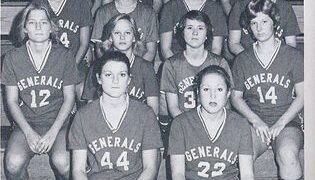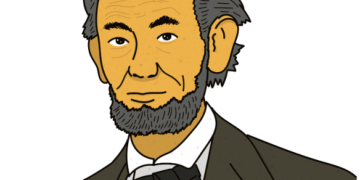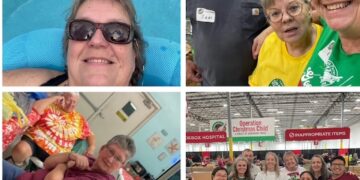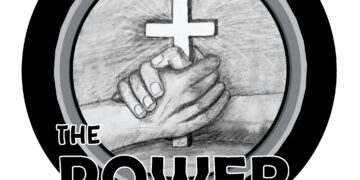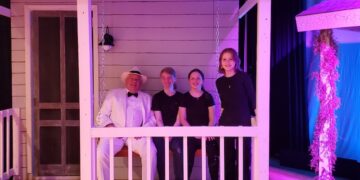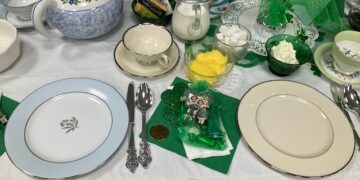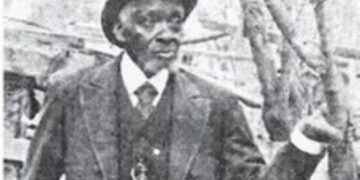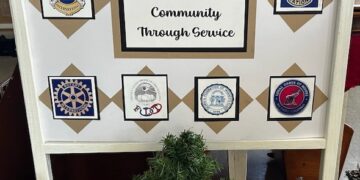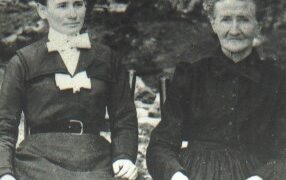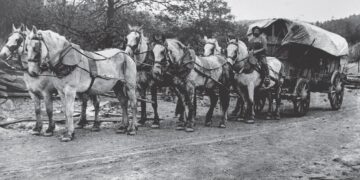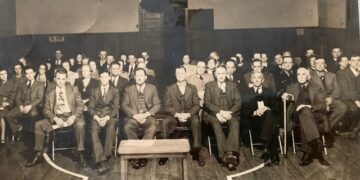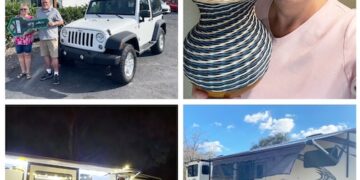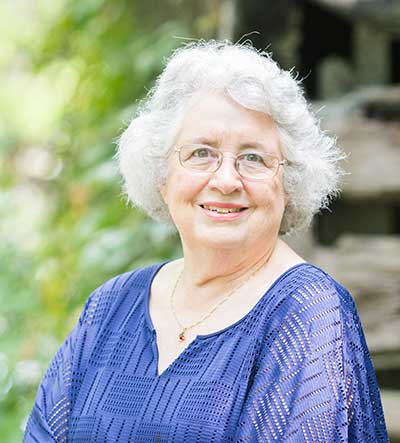
assistant director of Northern Virginia Christian Writer’s
Fellowship, and the co-author
of Regards to Broadway, Local
Lore of the Shenandoah, and
Stories from the Shenandoah.
She resides in Broadway, Virginia with her husband, Al.
I searched through the many stories I recorded from wonderful people in the Valley. Some of the interviews were as early as 2004. Although most are no longer with us, I found the winter memories worth sharing as a tribute to these dear ones and a record of winters of long ago.
Anna Coffman’s childhood home in New Market was not well insulated. On cold winter nights, the snow would seep through onto her windowsill. She would hurry to a room with a wood stove to get dressed on cold winter mornings. When the snow arrived, she loved coasting down Shirley’s Hill. She could never forget the thrill of the swift ride down and the memory of the long walk back, pulling the sled behind her. The adults burned old car tires, which produced a lovely bright, warm fire. Of course, their clothes and faces were covered with soot when they left that night, but they didn’t care!
One of Gail Emswiler’s favorite memories occurred on a snowy day when her children wanted to go outside. They had walked along the railroad tracks, cutting through a field with the snow falling, and then returned by the river bank, all white and glistening. It was slippery on the bank as they climbed up and slid around, laughing and playing in the winter wonderland.
Nancy “Mitzi” MacAllister began to clerk in the family store in Singers Glen when she could barely see over the counter. Lee’s Store had no heat in the backroom where the pelts from rabbits, squirrels, and skunks were stored year round. During severe cold times, the pelts hanging from the ceiling would freeze like boards.
In the winter when Phil Zirkle was young, Broadway didn’t have the equipment to plow the streets. The state plowed the main roads, but not the back streets. This meant sledding after heavy snow was a special event. Phil would take his Flexible Flyer and sail down Louisa Street. If he was in a daring mood, he might take a sharp left off Louisa onto Carrie Street. This was very dangerous. Some obstacles, like the fireplug and a drainage ditch with a concrete wall, were waiting to reach out and grab you.
One day Phil and a sibling were out in the snow when they saw a younger boy sail by and make a sharp left toward Carrie. They watched with shock as the boy disappeared into the drainage ditch. Seconds later, they heard a scream cut the air. They discovered he had a bad head wound from crashing into the wall when they got to him. They helped get the injured lad to their home nearby, and Phil’s mother, Vesta, a nurse, made sure he got to the clinic. After that horrifying experience, they stuck with Louisa Street heading down the hill past the Presbyterian Church.
One of the older boys would ask a town official to block the street in the evening. Men would show up with a wooden barrier painted yellow with black stripes on the top edge. They also brought torches which we called “pot torches.” They were 8 inches round heavy black balls, flat on the bottom, with an opening on top that held kerosene and a wick. These torches stood at either end of the barricade. A crowd would gather, and the fun would begin.
A winter memory of Marium (Crider) Selke occurred after a nice snowfall. Her neighbor would harness his horses to a makeshift sled. It was, in fact, a wagon with seats mounted on sled runners. The horses wore sleigh bells attached to their harnesses, and the children were always delighted to hear the bells ringing as they trotted across the field. Bundled in their woolen clothes, the children hurried outside in anticipation of that glorious ride to school.
Donald L. Bowers grew up in the home of his grandparents, Melvin and Icice Dora Bowers. A pond on their farm in New Market froze each winter. Men would saw ice from it and pull the large chunks out by horse and take it to the ice house. Raymond Wetzel had a hardware store that delivered ice to homes for their ice boxes.
Bennie Getz didn’t waste time climbing a hill on his grandfather’s property after a nice, deep snowfall. Half the town arrived to sled. A few had sleds like Radio Flyers, but mostly they brought anything they could get their hands on. A grain shovel or car hood would work just fine!
Dr. William and Connie Hotchkiss had six children in ten years. Connie was sure that they all received their athletic genes from Bill. When Bryce Resort opened in nearby Basye, Virginia, Bill was thrilled because he loved to ski. The first winter, they all went as a family; their youngest son was only three years old. Connie admitted that it was the last year anyone skied with her because, by the following year, even her youngest had passed her.
Nova (Roadcap) Fulk grew up in her grandparents’ home and shared special memories of her dear “Granddaddy,” Timothy Albert Richie. On winter nights, he loved to play games with her. One unique variation of Tic-Tac-Toe went like this. He drew the familiar pattern of two crossed lines, that he called “fig mills.” Each player had a pile of corn kernels of distinctly different colors. They took turns using the kernels instead of “x’s” and “o’s.”
In the winter, Nova wore long underwear, which refused to stay tucked in her socks. Those were the brown or black stockings with ridges. To remedy this problem, her grandmother slipped rubber bands around her socks to hold the underwear in place. When the weather was frigid, Granddaddy would take her to school by horseback. First, she sat in front of him as a small child and eventually behind him as a young girl.
Bob (and Wanda) Ritchie When the winter would bring a good snowfall, Bob recalled the local kids would gather for fun. With a fifty-foot rope, he would attach a scrap car hood to the horn of a horse’s saddle. Someone would ride the horse while the others would take turns sitting in the hood for a spin around in the winter wonderland.
John Paul “JP” Alger, the oldest of 7 children, grew up on a large family dairy farm. He remembers the cold winter mornings following the chores on the farm and then walking to Broadway Elementary with his siblings. They would squeeze through a hole in the fence for a shortcut. But even a shortcut didn’t keep your fingers from getting numb in severe cold. On those mornings, JP would go straight into the school’s basement and run his hands under cold water until he could wiggle his fingers. He would be late for class, but it couldn’t be helped, and the teacher understood.
I hope you enjoyed these memories from dear friends I’ve met along my Valley journey. Growing up in South Jersey, the land was flat, and I was many miles from any slope. I have vague memories of trudging out into the front yard with bread bags fastened by rubber bands to cover my shoes. But my imagination allowed me to enjoy all the experiences above except the crack on the head.




